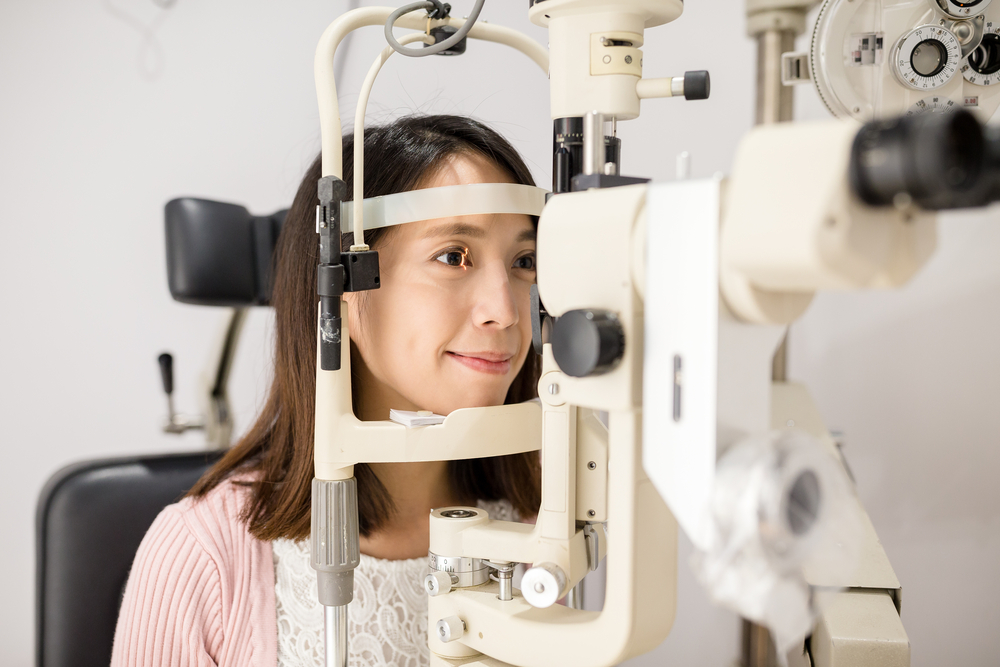
You may know that diabetes can damage several body parts, including your eyes. This disease can make you more likely to develop eye problems; worse, it can lead to blindness if you do not treat them. That is why regular eye exams are crucial for diabetic patients. They can help detect and prevent serious eye complications and protect your vision.
Eye Problems That Diabetes Can Cause
Diabetes can harm your eyes' nerves and blood vessels. This can lead to different eye problems, such as:
Diabetic Retinopathy
This is the most common eye problem that diabetes can cause. It damages the retina. High blood sugar levels can make the retina's blood vessels bleed or grow incorrectly until they hurt the retina and change your vision.
Glaucoma
This is a condition that increases the pressure inside the eye. The optic nerve connects your eye and brain. It sends the signals your eye sees to your brain, where they become images. High pressure in the eye can hurt the optic nerve and affect your vision.
Cataracts
These are cloudy areas that form in the lens of the eye. The lens is a clear structure that helps focus light on the retina. Cataracts can make your vision cloudy, dull, or blurry. They can also make you more sensitive to glare or have trouble seeing at night.
How Often Should You Get an Eye Exam If You Have Diabetes?
If you have diabetes, you should get a yearly comprehensive dilated eye exam from an eye doctor. The type of diabetes you have and your pregnancy status affect when you should get your first eye exam. Eye doctors recommend the following guidelines:
If you have type 1 diabetes, get your first eye exam within five years of your diagnosis
If you have type 2 diabetes, get your first eye exam as soon as possible after your diagnosis
If you are pregnant and have diabetes, get an eye exam before and during your pregnancy
What to Expect
An eye exam for diabetic patients involves these steps:
Your eye doctor asks about your diabetes and eye health
Your eye doctor measures your vision and eye pressure
Your eye doctor dilates your pupils with eye drops and examines your eyes with an ophthalmoscope
Your eye doctor may take pictures or do other tests to check for eye damage
Your eye doctor explains the results and advises you on any treatment or follow-up care
How to Prevent or Delay Eye Problems From Diabetes
You can prevent or delay eye problems from diabetes by controlling your blood sugar levels. To do this, follow your diabetes care plan. This may involve taking medication, eating healthy foods, exercising regularly, checking blood sugar levels, and reducing stress. Avoid smoking and limit alcohol intake.
Regular eye exams are also essential for preventing or delaying eye problems. They can help detect changes in your eyes early and prevent them from worsening. Check your eyes for signs of trouble between exams, such as blurry vision, floaters, dark spots, pain, or redness. If you have any of these, contact your eye doctor immediately.
Conclusion
Remember that diabetes does not have to rob you of your sight. By taking good care of your diabetes and eyes, you can protect your vision and enjoy life to the fullest.
For more on diabetic eye exams, visit Blue Hills Eye Associates at our office in Braintree, Massachusetts. Call (781) 794-2200 to schedule an appointment today.








